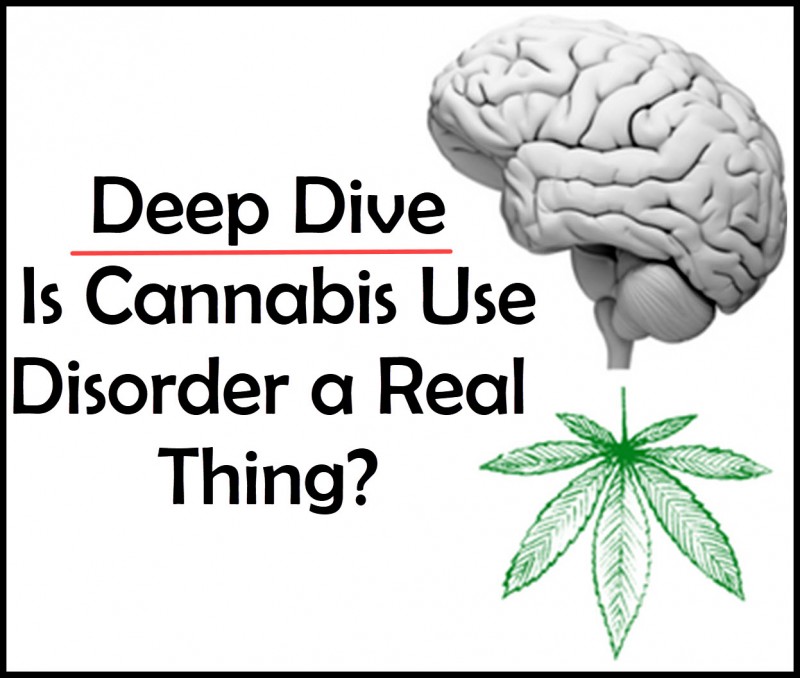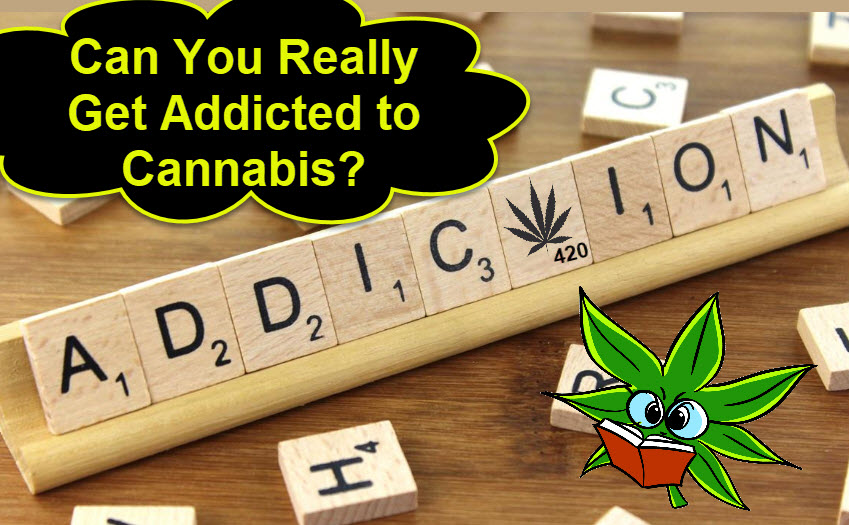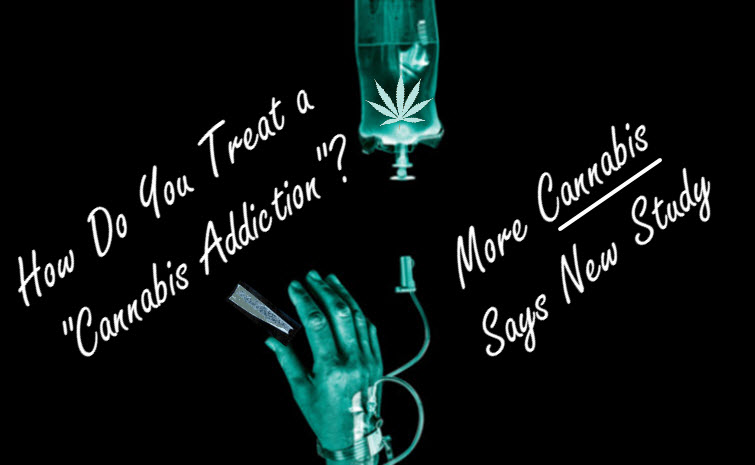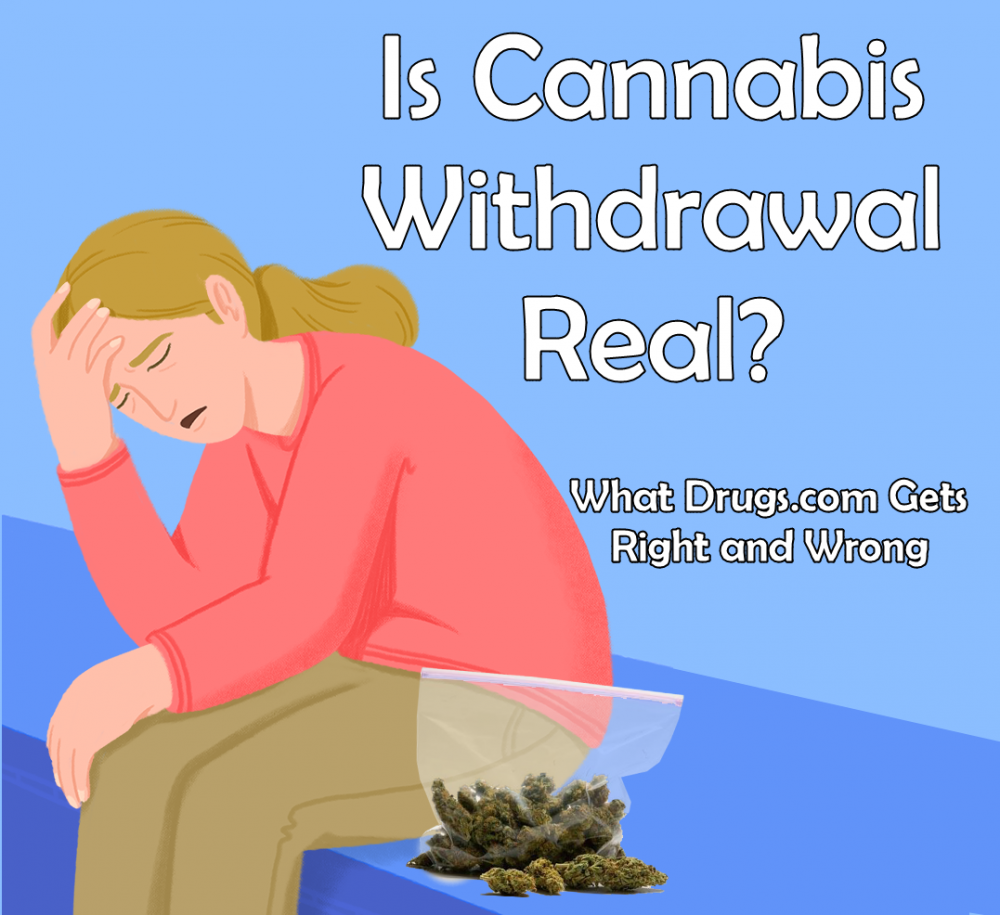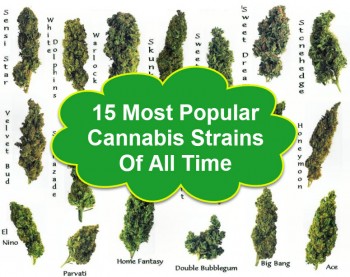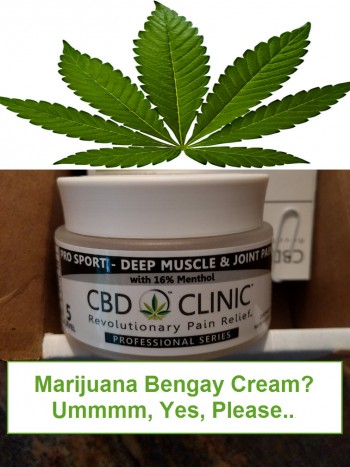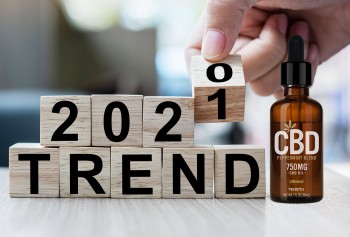Is Cannabis Use Disorder a Real Thing?
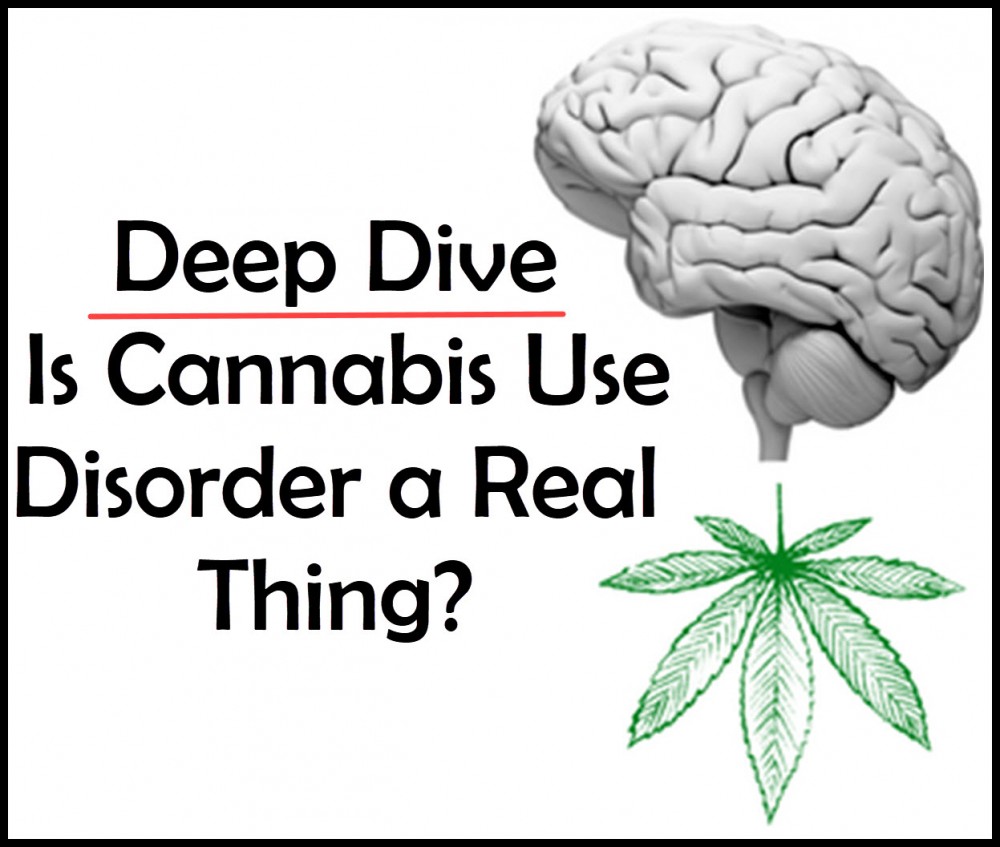
Many people using cannabis think of themselves as recreational users. Their claim is that they only use it to relax, alone, or when they are together with friends. And many of them would have no problem at all, and it is just as they say. But Cannabis Use Disorder can become very real. When a person thinks that they cannot get through the day without using cannabis, it becomes a problem. In fact, it was introduced by the Diagnostic and Statistical Manual of Mental Disorders as a proper diagnosis when there is a problematic use by a person.
At first, it was divided into two categories. The one was labeled as cannabis dependency and the other one as cannabis abuse. Relabeling it as a disorder means that certain people can be negatively impacted by cannabis use. They do not necessarily have to be addicted to marijuana, but the diagnose will recognize addiction, should it be there.
It also has to be taken into consideration that the specter of cannabis abuse or addiction to marijuana has long been the tool of the anti-legalization supporters. When cannabis use disorder is what you are diagnosed with, it makes it easier for those against the plant to support the theory of cannabis addiction. Now that it finally is an accepted disorder amongst them, they have a tool to decide if you have a mild or severe affliction. But let us analyze this and decide if there is any need to be worried about it.
The Typical Characteristics of Recreational Users
For any disorder to be accepted, there needs to be a criterion against what it is measured. To do this, the characteristics of ordinary cannabis users have to be established. A recreational user complies with the following characteristics:
They use marijuana occasionally. It is not a frequent way of spending one´s time. Time is spent on other activities that are deemed to be more important
The person can easily decide to use or not to use when weed is available.
The person can decide to use a small amount without the need to be ¨stoned¨
The need for marijuana is more social. There is no specific need for it to relax, stimulate appetite, to get in the mood for something, or to address pain issues
An excess amount of money is not spent on cannabis and no other essential purchases are sacrificed.
These are just some pointers and it obviously doesn´t mean that a person using marijuana for medicinal purposes is addicted. No compulsive behavior is detected.
What about Medical Marijuana?
When cannabis is used for medicinal purposes, it is mostly used to relieve pain or treat symptoms related to the condition. It is also often used in a micro-dosing manner. Medical marijuana would no be seen as unproblematic cannabis use.
How do you know if you are a “problematic” cannabis user?
According to the protocol, the symptoms of cannabis use disorder has many faces. Some symptoms affect behavior, physical, psychological, and cognitive aspects of a user’s life. For some, it could lead to anxiety and mood disorders. Sudden elimination can also lead to difficulties coping without it. A definition of the disorder is when a patient shows at least two of the flowing criteria:
Taking more cannabis than was intended
Experiencing withdrawal when it is stopped
Suffering from reducing the amount taken
Spending an inordinate amount of time daily consuming cannabis
Choosing to consume cannabis rather than doing something else
Feeling the need to use cannabis
Having other problems in life due to cannabis consumption
Consuming cannabis despite interference with social or personal relationships
High levels of tolerance for cannabis
When a person meets two or three of these criteria, they have a mild case of cannabis use disorder. Moderate cases meet four to five of these criteria, where severe cases meet six or more of the criteria. Important! Most of these criteria do not have physical components. With withdrawal symptoms, the psychological aspects are irritability, depression, nervousness, restlessness, and sleeping problems.
CBD could Treat Cannabis Use disorder
The holistic way to treat cannabis use disorder is by using one of the components of cannabis itself. It is THC that created the feeling of need in many. CBD is seen as an antidote to THC. A higher concentration of CBD works against the effect of THC. New research is confident that it can counter the symptoms of cannabis use disorder.
The research studied 82 people with severe cannabis use disorder. For four weeks, they were given CBD supplements to counter the effect of withdrawal. It also helped them to reduce their cannabis consumption. The participants were divided into 4 groups – a placebo group, and 3 other groups. One group received small amounts of CBD, another, a medium portion, and the last group high amounts of CBD.
Throughout the experiment, the urine of the participants was tested to check the THC levels. Interestingly enough, the medium dose of 400mg had the most significant change. They halved their cannabis consumption after the experiment. The group that took 800 mg CBD, had slightly fewer positive results, and the group with the lowest intake of 200mg CBD, had minimal change.
Conclusion
If you suffer from any of these symptoms mentioned above, or if you know of someone that could have cannabis use disorder, get help. Sometimes there is more to what the eye meets. There could be psychological struggles underneath it all.
CANANBIS DISORDERS AND ADDICTIONS, READ MORE...
CAN YOU GET ADDICTED TO CANANBIS, CHECK THE FACTS!
OR..
CANNABIS ADDICTION TREATMENTS INCLUDE MORE CANNABIS!
